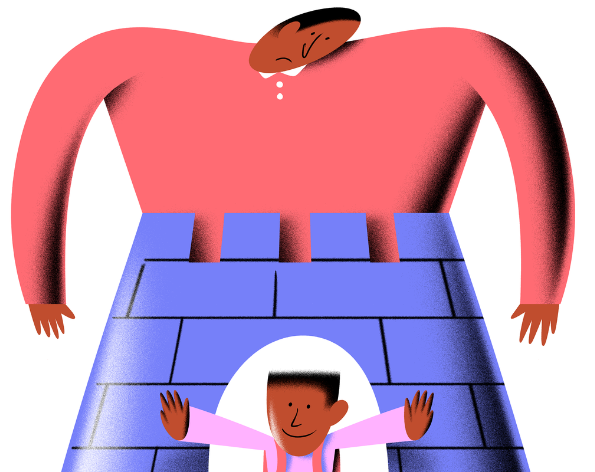In their opinion piece for the The New York Times, psychologist Camilo Ortiz and author Lenore Skenazy address the psychological benefits of letting kids get out and do things on their own:
“A colleague in suburban Kentucky let his 12-year-old daughter walk two houses down to her friend’s place. At the end of the play date, the other girl’s mom walked her home, just to be safe.
Such excessive caution is hardly unusual — over the past several decades, children have become less and less independent. Instead of running outside to play after school or riding their bikes around ‘Stranger Things’-style, they’re more likely to be indoors, on TikTok or in adult-run classes and organized sports.
Or, like the girl in Kentucky, protected from a danger that’s all but nonexistent.
There are many reasons for this clampdown on kids, including the birth of cable TV in the 1980s, which evolved into round-the-clock internet news alerts, bringing a stream of scary news to parents. A gradual increase in homework started in the ’80s, too, thanks to the fear that American kids were falling behind. And as the years went by, parents growing wary of a winner-take-all economy focused ever harder on getting their kids into college. They sprang for things like tutors and travel teams, giving kids a more curated, less autonomous childhood.
But as kids’ freedom has been going down, their anxiety has been shooting up. The surgeon general has declared this ‘the crisis of our time.’ As a society, we’ve been trying everything from breathing exercises to therapeutic horse grooming to keep kids from shrinking from life.”
***
More from Around the Web
More from Mad in the Family















